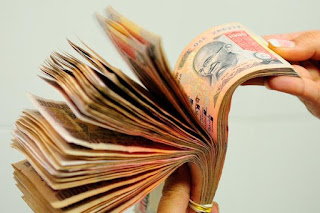Topic - The meaning of victory and defeat

Five Assembly elections, and five different winners. But the voters did not distribute their favours equitably. The Congress, the only party with a realistic chance of being part of a winning coalition [गठबंधन] in all the five elections, won only one, the least important politically, the Union Territory of Puducherry. InAssam, it ceded[सौंप दिया] ground to its principal rival at the national level, the Bharatiya Janata Party, for the first time. In Kerala, where it headed a coalition government as the leading member of the United Democratic Front, it lost heavily to the Left Democratic Front led by the Communist Party of India (Marxist). In West Bengal, the party’s incongruous alliance[बेतुका गठबंधन] with the Left Front failed to enthuse[अति उत्साहित करना] voters, who saw it as devious[चालाक] and opportunistic. And in Tamil Nadu, the revival of the alliance with the Dravida Munnetra Kazhagam yielded little dividend for the Congress. The BJP, however, can take heart from its victory in Assam, where it managed to stitch together an alliance with regional parties, the Asom Gana Parishad and the Bodoland People’s Front. In West Bengal and Tamil Nadu, the two big States in which it is a minor player, the BJP will not be displeased with the success of the Trinamool Congress over the Left-Congress alliance and of the All India Anna Dravida Munnetra Kazhagam over the DMK-Congress alliance.





























